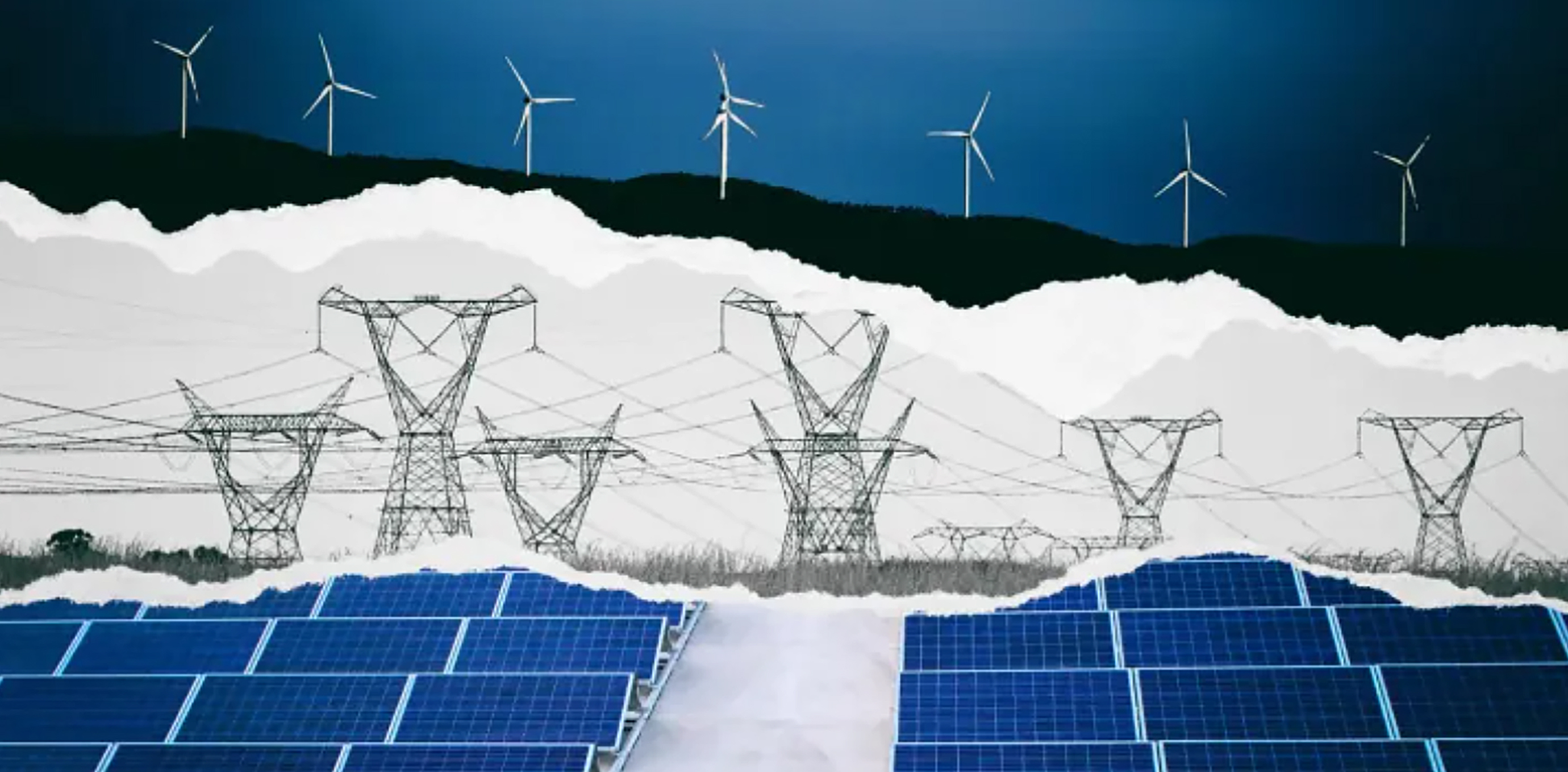In emphatic, unambiguous language, the International Energy Agency (IEA) has affirmed the central importance of low-emission technologies such as renewable energy, saying in its recent report that “Africa’s aspirations for greater economic and social development depend on access to affordable, reliable, modern and sustainable energy”.
The finding emerges from the agency’s Clean Energy Investment for Development in Africa report which outlines target areas for energy investment on the continent and explores the best financing options. It was developed to support the Energy for Growth in Africa initiative launched by Italy’s G7 Presidency at the recent Leaders’ Summit in Apulia.
That initiative is geared towards helping to develop “bankable clean energy projects, attract private capital through the catalytic use of public finance and technical assistance, encourage the flow of concessional finance, and overcome barriers to investments in clean energy across Africa”.
The report, the IEA says, identifies the main types of initiatives needed to develop human and institutional skills and capabilities across Africa, “without which the financing of clean energy will remain a challenge in many countries”.
Increasingly, environmental and climate finance and the lack thereof is being identified as an obstacle to meaningful climate action in the developing and vulnerable parts of the world.
As United Nations Secretary-General Antonio Guterres put it at the opening of the Fourth Small Island Developing States Conference, “finance is the fuel that powers sustainable development. But we are in a two-speed financial world”.
“To the rich — cheap loans, easy money. But to the global majority — the countries that need financing for development — we see they are paying sky-high costs to borrow money,” he said, adding that “in the longer term, we are working for deep reforms to the outdated, dysfunctional and unjust global financial architecture. We need a financial system that puts the interests of developing countries first and is able to work as a global safety net.”
These sentiments were echoed earlier in the year at the Berlin Energy Transition Dialogue (BETD) in March when the IEA’s executive director, Dr Fatih Birol, shared his belief that the greatest obstacle to concrete climate action and the transition from a high carbon to a low carbon economy in the developing world was a lack of concomitant finance.
Read more in Daily Maverick: Climate finance key to just energy transition in developing countries — IEA chief
“The problem is how we are going to accelerate the clean energy transition in the developing world. In the rest of Asia, in Africa, Latin America, the main, the whole line of all of this problem is not having enough finance for the clean energy transition in developing and emerging countries. So, for me, the key issue is how we are going to create mechanisms in order to facilitate the financing in these countries,” said Birol.
In the executive summary, the authors of the new IEA report note that currently, Africa accounts for “around 20% of the world’s population but attracts less than 3% of spending on energy. Energy investment on the continent has been falling since its peak in 2014 and is down by 34%. Increasing investment in domestic energy systems faces hurdles, notably a shortage of bankable projects and the high cost of capital, which can be two to three times higher for renewable projects in Africa than in advanced economies. Overlapping crises have also raised the bar for attracting new capital to Africa.”
It goes on to note that “meeting growing energy demand from African countries requires a more than doubling of annual energy investment by 2030, of which three-quarters is in clean energy”.
The United Nations Development Programme (UNDP) offers some solutions for how Africa can attract the capital necessary in a recent report of their own titled the Africa Green Business and Financing Report.
Its six recommendations are:
- “Promote dedicated green investment banks”, facilities and funds, with a specific mandate to support the development of green business in the region via green financing products, for example, green microfinance, and target new sources and types of financing.
- “Create an African urban green business and finance platform” to help support Africa’s rapidly growing cities meet the dual challenges of rapid urbanisation and climate change, with a key mandate to catalyse and transform green business ventures and entrepreneurship in urban locations.
- “Establish nature as an asset class,” leveraging the lessons from carbon markets elsewhere as well as Africa’s nature-rich status, to build robust carbon and biodiversity markets and make Africa the hub for the issuance of instruments linking nature, biodiversity and carbon.
- “Enhance green value chains and capacity”, leveraging Africa’s natural abundance of minerals needed in the green transition, along with the region’s sustainable energy and human capital potential, to ensure greater value addition remains within the communities and areas involved in mineral extraction.
- “Encourage multilateral development banks to do more to reduce investment risk in Africa” through the creation of new and innovative instruments, funds and facilities, engagement with central banks to tackle currency risk issues, allowing private investors access to their internal risk modelling data and analytics and engaging with credit rating agencies to review their methodology for Africa. This is all done with a view to lowering the cost of capital for Africa and encouraging increased private investment in the region.
- “Create an African green business institute” to serve as a hub for green business in the region and act as a repository of best human capital practices in the region. In addition, create an internship and youth leadership programme to engage Africa’s youth in green business and initiate innovation awareness and investment pitching processes to build awareness and reward innovation. DM
https://www.youtube.com/watch?v=REeWvTRUpMk





